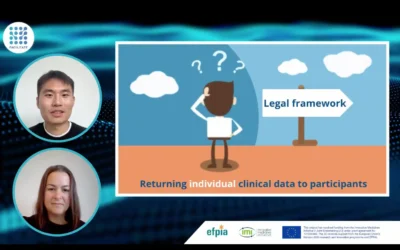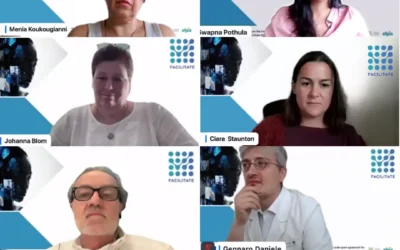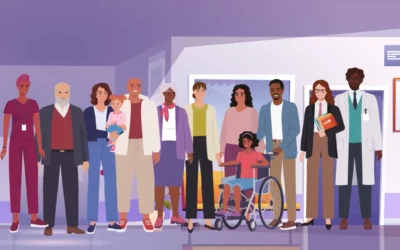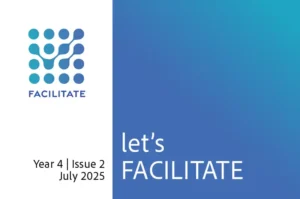To ensure that Ireland can benefit from data driven research, on 28 March 2025 the Royal College of Surgeons in Ireland (RCSI) convened a one-day conference’s to co-create practical, sustainable solutions that can support responsible and timely data use.
This interdisciplinary conference – Enabling access to the use, reuse, and sharing of health data for research in Ireland – brought together experts in law, ethics, data governance, health research, clinical care, and public policy to explore these pressing challenges. Some representatives of FACILITATE – Johanna Blom, deputy coordinator of the project from University of Modena and Reggio Emilia and Deborah Mascalzoni from Eurac Research, Italy – actively participated in the conference.
Key discussions explored:
- Current changes in accessing, using, and sharing health data in Ireland
- The European Health Data Space (EHDS) and its implementation in Ireland
- Legal and ethical considerations for public-private collaboration
- Solutions and policy recommendations for responsible data use.
The conference goal was to explore what processes are needed that balance the benefits of facilitating access, use and sharing of data whilst maintaining reasonable safeguards to mitigate against risks that may arise at the individual and population level. Participants also reflected on the changing European Union regulatory landscape, most notably the EHDS. This regulation will introduce a legal framework for access to electronic health data for certain secondary purposes that includes scientific research. While the EHDS should address some of the challenges, the phased implementation of the regulation means that Ireland must still find short and medium-term solutions to the ongoing challenges. Furthermore, the EHDS will not impact or change Ireland’s ethical processes.

Timely and responsible access to, use of, and sharing of health and genetic data is essential to improving healthcare delivery, public health planning, and scientific research. These data offer significant value not only to individuals but also to society more broadly as they support better clinical outcomes, more equitable health systems, and advances in medical science. However, in Ireland, access to health and genetic data remains inconsistent, fragmented, and often slow. This undermines the ability to fully leverage data for the benefit of both present and future generations.
The challenges are particularly pronounced in the context of multisite and multi-jurisdictional research, which increasingly represents the norm in genomics and health data science. Researchers working across institutions, borders, and regulatory frameworks often face considerable legal, ethical, and governance challenges that delay or prevent data sharing. As a result, engaging in these collaborations is often hampered by the legal uncertainty, regulatory misalignment, and the absence of streamlined processes for data access and transfer. Without targeted efforts to address these bottlenecks, Irish researchers and institutions risk being left behind in an increasingly integrated European research environment. Nuanced interdisciplinary consideration of such challenges is needed to deliver responsive regulatory frameworks.







